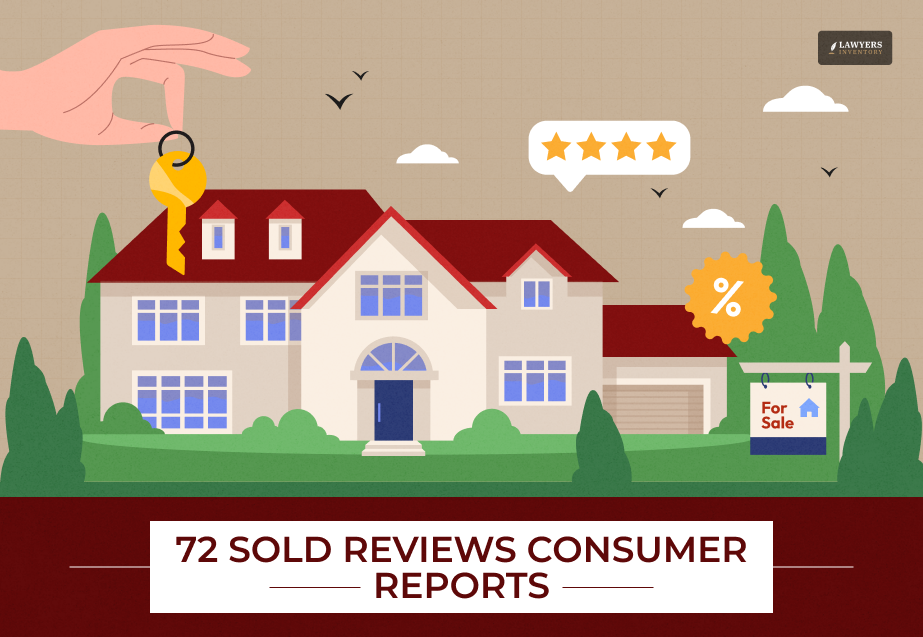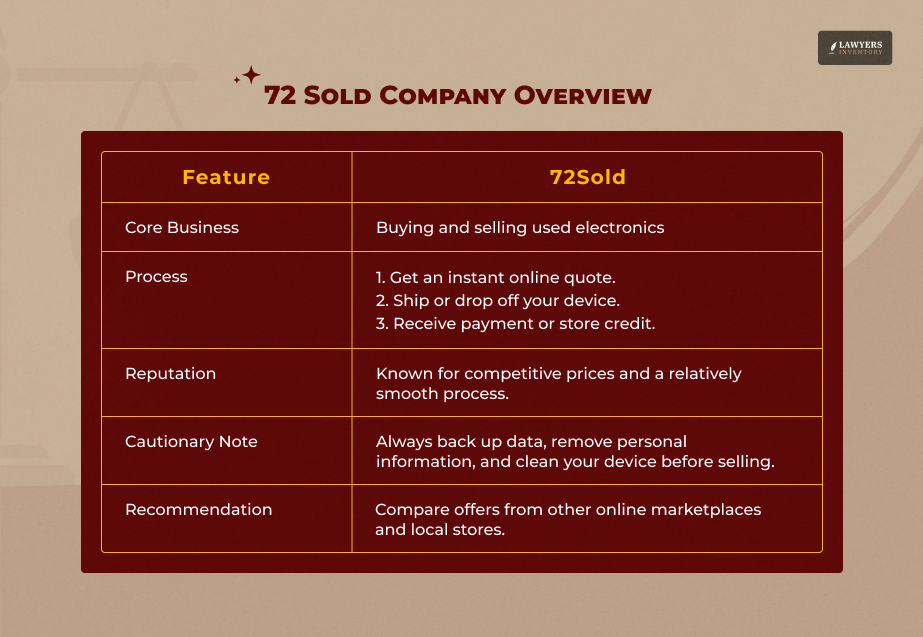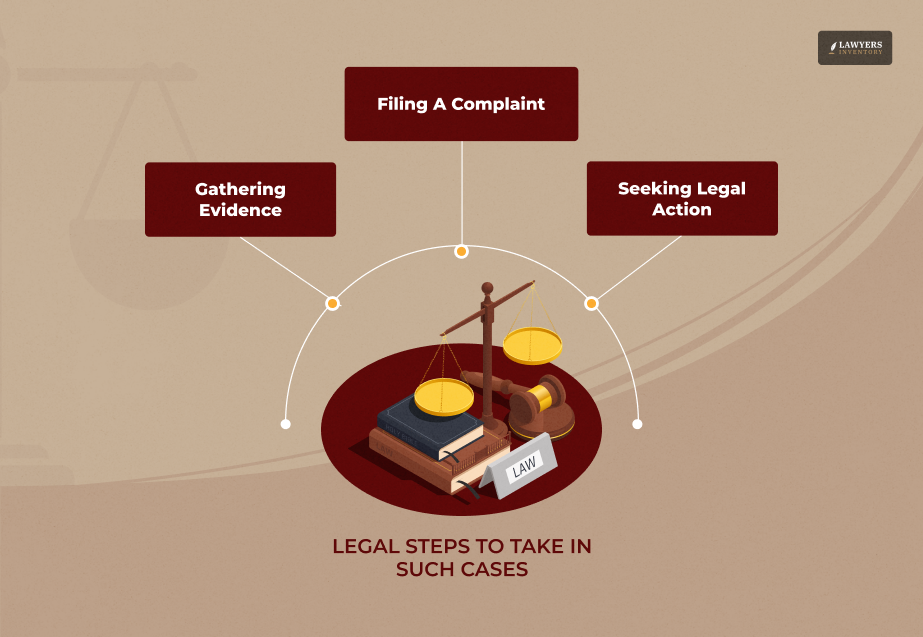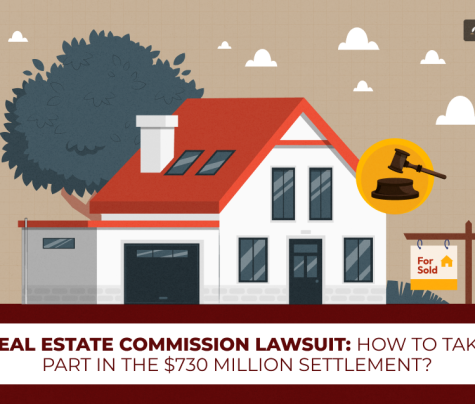
Recently, a surge in real estate marketing scams has left many consumers feeling wary and confused, with “72 Sold Reviews Consumer Reports” becoming a frequently searched term online.
Real estate programs like 72 Sold promise quick home sales with minimal hassle, but are they too good to be true?
With property scams increasing by 30% in the last five years, according to recent consumer fraud data, it’s essential to understand the program, its claims, and the legal steps you can take to protect yourself.
72 Sold’s promise of selling homes in just 72 hours has drawn many people. However, mixed reviews of consumer reports reveal both satisfied customers and those who feel misled.
Following the 72 Sold Lawsuit, issues like hidden fees, unmet promises, and incomplete disclosures are common complaints. This calls for a deeper dive into how programs like these operate.
If you’re trying to explore options to sell your home or have concerns about deceptive marketing, this article will provide clarity.
In this blog, I will explore reviews, real-life experiences, and the legal remedies available if you feel wronged. Stay informed to avoid costly mistakes—your peace of mind and property’s value deserve it.
So, keep on reading this blog till the end to learn more…
72 Sold Overview

72 Sold is a real estate company that promises homeowners to sell their properties quickly—within 72 hours—through a streamlined process.
The company operates primarily through a network of local agents and has grown in popularity due to its bold claims of quick sales and minimal effort required from homeowners.
The concept behind 72 Sold is to make home selling faster and simpler, but it’s important to understand how the program works and what to expect.
At its core, 72 Sold offers a unique approach by pairing home sellers with certified agents who follow a specific sales process designed to speed up the listing, marketing, and sale.
However, as with many real estate services, the experience can vary significantly. While some homeowners report success stories, others have raised concerns about hidden fees and unmet expectations.
Therefore, understanding the 72 Sold process’s details and reviews is crucial for anyone considering the service.
While it may seem like a quick fix, weighing the pros and cons and doing thorough research before jumping in is important. By doing so, you’ll be able to decide whether this service is right for you better.
Is 72 Sold Legit?
Before you come to a conclusion about the platform’s legitimacy, let me tell you that 72 Sold is a 100% legit company.
In 38 US locations, 72SOLD’s network of connected real estate brokers sells houses. Greg Hague, a realtor from Arizona who also started Hague Partners in 1998, formed it in 2018.
The business has become well-known for its creative home-selling strategy. For instance, in 2022 and 2023, Inc. listed 72SOLD as one of the fastest-growing companies.
Furthermore, 72SOLD and Keller Williams established a strategic alliance in June 2022, which permits KW agents to use the 72SOLD program. Additionally, it is a partner of the Major League Baseball franchise, the Arizona Diamondbacks.
Lastly, 72SOLD has an A+ rating with a Better Business Bureau accreditation. The Better Business Bureau’s assessment of a company’s likely customer service is reflected in its BBB ratings.
However, 72SOLD might not be the greatest choice if your objective is to maximize your sale price. The highest price isn’t usually the outcome of a quick sale.
The Recent 72-Sold Lawsuit
Recently, 72 Sold has found itself at the center of a legal battle, as several homeowners have filed lawsuits claiming they were misled about the company’s home-selling process.
Just like Verizon lawsuit, this case centers around allegations of deceptive advertising, hidden fees, and failure to meet the promised 72-hour sale timeline.
Many consumers say that the platform charged them additional costs, which they did not disclose initially. This left them frustrated and financially impacted.
While 72 Sold markets itself as a hassle-free way to sell your home quickly, some people have found that the process wasn’t as smooth or transparent as expected.
As a result, the lawsuits seek compensation for damages and to hold the company accountable for any misleading claims.
If you’re considering using 72 Sold or already have, it’s important to be aware of these legal developments. Understanding your rights and the steps you can take to protect yourself is key.
Whether in a similar situation or just cautious, staying informed about the lawsuit can help you avoid potential pitfalls.
72 Sold Reviews Consumer Reports: What Do They Say?
If you’re researching “72 Sold Reviews Consumer Reports,” you’ll notice that opinions about the platform have become increasingly mixed, especially following the recent lawsuit.
While some users praise the company’s fast home-selling process, others have raised concerns about transparency, hidden costs, and unmet expectations. Let us try to understand what it means for you.
Before the lawsuit, 72 Sold boasted a growing consumer base due to its unique promise of selling homes in 72 hours. Many positive reviews highlighted how the program simplified the selling process, saving homeowners time and effort.
However, reviews have shifted significantly since the lawsuit, which alleges deceptive practices and misleading advertising. Consumer trust has visibly declined, with the platform reportedly experiencing a 20% drop in user base in the past year.
Negative reviews on platforms like the Better Business Bureau and consumer forums often mention hidden fees not disclosed at the outset.
Some customers also reported delays in closing timelines, directly contradicting the company’s 72-hour guarantee. This fallout has led many potential customers to seek alternatives or demand more clarity before engaging with the service.
That said, not all reviews are critical. Some homeowners still find value in 72 Sold, especially those who successfully closed deals without complications. However, the inconsistency in experiences makes it clear that due diligence is essential.
If you’re considering using 72 Sold, read recent consumer reports and look for patterns in reviews. Understanding positive and negative experiences will help you decide whether the service is the right fit for you.
Legal Implications of False Advertising in Real Estate
False advertising in real estate can have serious legal and financial consequences for consumers and companies. It is not just unethical—it’s illegal.
Companies like 72 Sold, now under scrutiny, highlight the importance of holding service providers accountable.
The real estate sector involves large sums of money and emotional investments. Therefore, misleading claims can cause significant harm.
Let us take a closer look at the legal implications of false advertising:
What Constitutes False Advertising in Real Estate?
False advertising in real estate occurs when a company makes misleading or untrue claims about its services or properties.
Examples include overstating a property’s value, hiding critical defects, or making unrealistic promises, like guaranteeing a quick sale.
You can classify misleading marketing language, such as “no hidden fees” or “sale guaranteed in 72 hours,” as false advertising if the company cannot consistently deliver them.
According to federal and state laws, any form of misrepresentation—intentional or not—can lead to lawsuits and penalties.
Consumer Rights in False Advertising Cases
As a consumer, you have the right to accurate and honest information when buying or selling property. The Federal Trade Commission (FTC) enforces laws against deceptive advertising, and many states have consumer protection statutes.
You can file a complaint with the FTC or your state’s real estate board if you feel misled. These organizations investigate claims and can take action against companies engaging in false advertising.
Legal Remedies for Victims of False Advertising
Legal remedies are available if you’ve suffered losses due to false advertising. You can pursue compensation through civil lawsuits, demanding reimbursement for financial damages or fees that the platform did not inform you about initially.
Courts may also grant punitive damages in severe cases, sending a strong message to companies about the consequences of unethical practices. Additionally, a class-action lawsuit might be an option if the issue affects multiple consumers.
What Legal Steps Can You Take?

If deceptive marketing practices in real estate have misled you, you have legal options to protect your rights and recover any losses. These steps can help you seek justice and ensure others do not face similar issues.
Let’s break this down into three actionable approaches: gathering evidence, filing a complaint, and seeking legal action.
Taking these steps can hold deceptive companies accountable while protecting your rights and financial well-being.
1. Gather Evidence to Support Your Claim
The first step in addressing deceptive practices is collecting solid evidence. Document everything related to the transaction, including emails, contracts, marketing materials, and any communication with the company or agent.
If a company made specific promises (such as “no hidden fees” or “quick sale within 72 hours”) that they did not meet, keep records of these claims.
Additionally, gather proof of financial losses, like unexpected fees, delays, or costs resulting from false advertising.
Taking photos, saving receipts, and keeping notes about your experience can strengthen your case. Clear, organized evidence is crucial if you decide to pursue legal action.
2. File a Complaint with Relevant Authorities
Once you’ve gathered evidence, the next step is to report the issue to the appropriate authorities. Start by filing a complaint with the Federal Trade Commission (FTC), which investigates deceptive business practices. You can also approach your state’s real estate regulatory board or consumer protection agency.
These organizations may open an investigation, impose fines on the company, or provide guidance on further actions you can take.
Filing a complaint also helps create a record of the issue, which can be useful if others have had similar experiences, and a broader investigation is launched.
3. Pursue Legal Action for Compensation
Consulting a real estate attorney is essential if you’ve suffered significant financial or emotional harm.
They can evaluate your case and recommend the best action, whether filing a civil lawsuit or joining a class-action lawsuit if other consumers were similarly affected.
You can often seek compensation for financial losses, punitive damages, or even attorney’s fees. A legal professional can also help negotiate settlements outside court, saving time and effort.
Bonus: Best Real Estate Lawyers in the USA Right Now!
When dealing with complex real estate issues—deceptive marketing, contract disputes, or property fraud—having a skilled real estate lawyer by your side can make all the difference.
The best real estate lawyers in the USA are popular for their expertise, client-focused approach, and proven track record of success.
Here’s a look at some of the top names in the industry right now.
| Lawyer | Location | Other Practice Area |
| Robert P. Abdo | Minneapolis | Entertainment Law |
| Jeffrey A. Abrams | Indianapolis | Corporate Law |
| William B. Acker | Troy | Litigation and Controversy, Tax Law, Eztate Planning |
| Jeffrey C. Adams | Atlanta | NA |
| Eben Adams | Portland | Land Use and Zoning Law, Commercial Transaction Law |
Read Also:
- Kennedy Funding Ripoff Report: The Complaints You MUST Know About!
- Walmart Class Action Lawsuit: The $45 Million Lawsuit That Has Shaken the Industry
- White Oak Global Advisors Lawsuit: Why Understanding Contractual Terms in Financial Services is Important!











0 Reply
No comments yet.